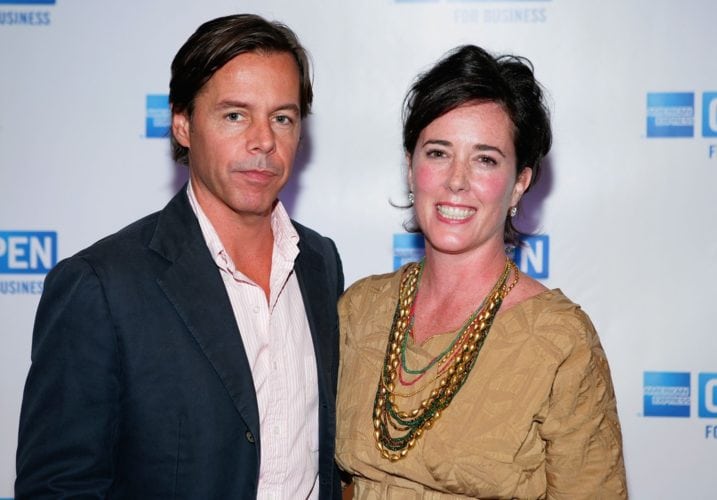The spoon theory—a clever explanation of chronic illness

Imagine what life would be like if you had a set amount of energy every day. Ten units, for example. And once you’ve used them up, you’re done. You can’t socialize or pick up your kids from school without taking away from the following day. Unlike your friends, you can’t just down a venti cappuccino or “get a second wind.” You’re officially done.
That’s what it’s like for people who suffer from chronic illnesses such as lupus or fibromyalgia. They often seem fine on the outside, but on the inside it’s a completely different story. If you’ve ever been puzzled by that friend with a chronic disease who’s always tired or canceling at the last minute, the Spoon Theory will help put things into perspective.
What’s The Spoon Theory?
The term was coined by Christine Miserandino in her 2003 essay “The Spoon Theory.” The essay details a discussion between Miserandino and a friend at a restaurant. The friend asked what having lupus was like and Miserandino used several spoons from a nearby table to explain.
After grabbing the spoons, Miserandino asked her friend to list the different events that make up a typical day. For each one, Miserandino took a spoon away. Each spoon, she explained, represented a unit of energy. People with chronic diseases have to ration their “spoons” or risk running out of energy by the end of the day.
Many people living with illnesses that are “invisible” to the rest of us identify as “Spoonies,” and use the theory to explain their struggle to friends and family who have a hard time understanding why driving an hour to meet up for dinner might be way too much for them.
Miserandino also noted that the same theory can be applied to those who deal with mental illness as well. Mental illness can be just as debilitating as a physical condition, yet often goes unnoticed because we can’t “see” it.





